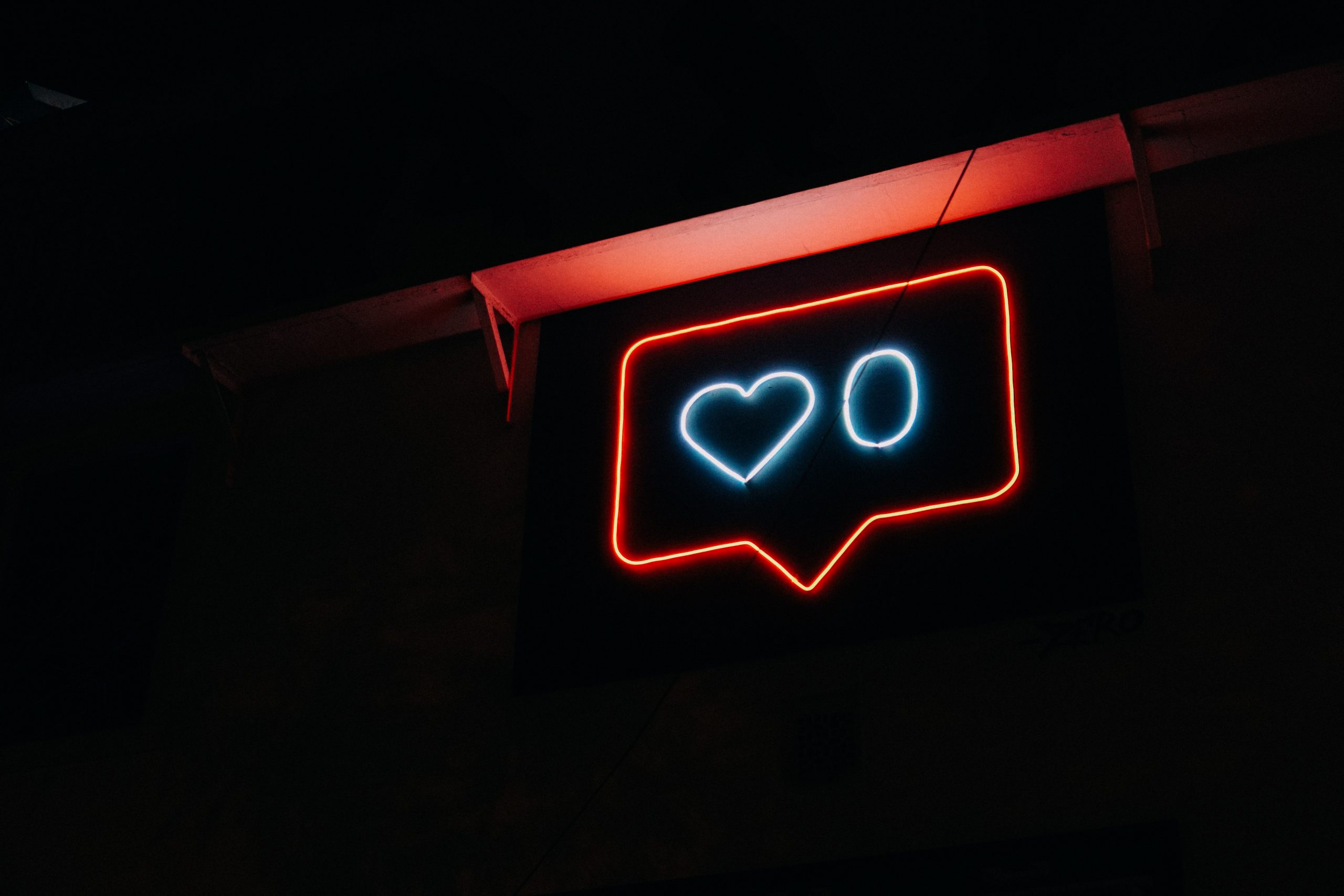
16 Apr Why You Should Be Active, Not Passive, On Social Media
Social media is no antagonist. It allows us to stay in contact with friends: sharing updates, stories, stories. We can follow and grow our interests across various platforms. We can connect with causes and campaigns we care about. With so many aspects of our lifestyles becoming increasingly digitalised – especially over the past year – for many of us social media has been an important way of maintaining social contact and, with that, slight normality.
However, our wellbeing can also be negatively impacted by social media. Multiple studies have linked social media use to higher rates of depression and anxiety. Furthermore, it has been shown to have negative impacts on sleep quality and overall mood.

The same tools which keep us connected can also leave us feeling isolated at times; this indicates that the existence of the platform is not the sole cause of the negative effects social media can have on us. Our usage and behaviour online must also be important factors.
In particular, researchers have found that when we are active on social media we have a much more positive experience than when we are passive. An active user is one who utilises the platform to talk to friends and share things with them. They will find communities for their interests and hobbies, and use the wealth of information and connections at their fingertips to learn, and develop these. An active user utilises the platform to either simulate or enhance real life.
A passive user, on the other hand, is not partaking in any direct engagement with the platform and community. In fact, they are probably scrolling as a boredom cure, as so many of us have a tendency to do. They are not reaching out to people: they are waiting for content to come to them. And when it does – even if it evokes a brief snicker or flicker of interest – it is nowhere near as rewarding.
Passive usage of social media may leave us feeling like we are watching the world go by. It may leave us with feelings of hopelessness and uselessness, often brought about by the FOMO that can be evoked by viewing the lives of others through social media.
It therefore comes as no surprise that active usage of social media has a far more positive impact on our wellbeing than passive usage. Although it can never be as good as non-virtual engagement, the platforms can offer us connection and community. This is especially important in times when achieving that through other means may be difficult.
Although it may be tempting to grumble at Zuckerberg and shake our fists at Silicon Valley, we must remember that we are responsible for our social media use. The dichotomy of how social media can both connect and isolate us lies partly in our own usage of it. If we reevaluate our relationship with social media, we can establish usage patterns that bring about the benefits and ensure we have a positive experience on social media.





Sorry, the comment form is closed at this time.